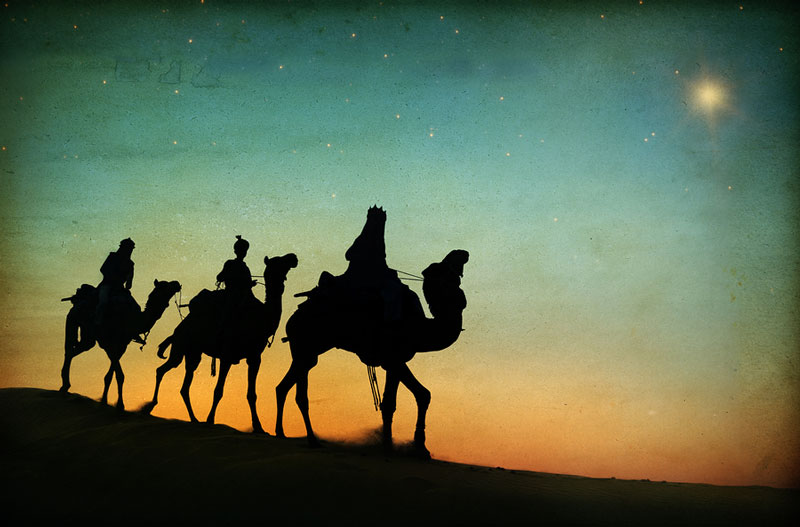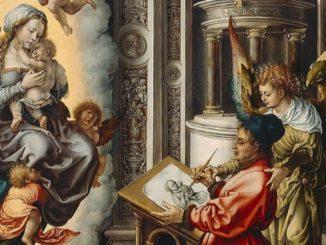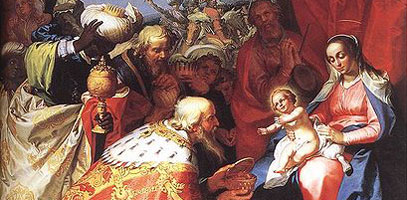
“Blade Runner 2049” does not seem, as of this writing, to be a blockbuster success. The film is a sequel to “Blade Runner,” the screenplay of the late 1960’s sci-fi book “Do Androids Dream of Electric Sheep?” Blade Runner isn’t exactly holiday fare. It deals with artificially engineered beings passing for human and outlawed on planet Earth. They are sought by bounty hunters.
Commentators and critics have noted theological and philosophical overtones in the book and the films. Blade Runner raises questions about what it means to be a human being, how relationships are formed, whether killing androids is murder, and how emotions manifest themselves in artificially intelligent beings. These are not concerns prompted by inflatable Nativity scenes.
Author Philip Dick, the originator of Blade Runner, can be cited, however, as someone who later in life demonstrated much of what Advent and Christmas are about.
A recent program on public radio told of an extended visionary experience which Dick had after a woman delivered a pharmaceutical order from his dental surgeon. She was wearing a fish symbol, recognizable to us as an ancient symbol of Christ. The symbol, as we know, spells out the Greek word for “fish,” an acrostic for Jesus Christ, Son of God, Savior.
The narrator of the NPR feature related that Dick left behind some 900 pages of notes about what he had seen and heard about the mysteries of the universe, life, and God after this encounter. Before that, he had not been gifted with faith.
Philip Dick hoped that some of what he had seen would indeed turn out to be true. He also suspected that anything from pain killers gone bad to schizophrenia might have been at work. Whatever the explanation, Dick felt that he had somehow encountered and come to know Jesus.
There is something about human beings that presses for the unknown to be revealed and yearns to touch the divine. The agnostic astrophysicist Stephen Hawking has remarked that he wants to read the mind of God as he plumbs the dynamics of the cosmos.
Stories are told of the notorious, and militant, atheist Christopher Hitchens, who is supposed to have commented, as he was dying of cancer, that he could not acknowledge the existence of God but that he was willing to be surprised.
We long for more than our own brief lives. We ache for a better world, for truth, for meaning, for a larger reality than the one we can sense and see. And we also pine for lasting goodness and peace.
All of these longings are captured by Advent and Christmas and Epiphany. We hear of the long-awaited Messiah whom the prophet Haggai calls “the desire of all nations.” We remember the promises of peace in Isaiah and Micah.
We may never know whether Philip Dick was hallucinating or whether he was visited by an angel. We do know, however, that every one of us would love to be swept into life-changing mystery after having followed a star.
Sister Pamela Smith, SSCM, is the Secretary for Education and Faith Formation at the Diocese of Charleston. Email her at psmith@charlestondiocese.org.




